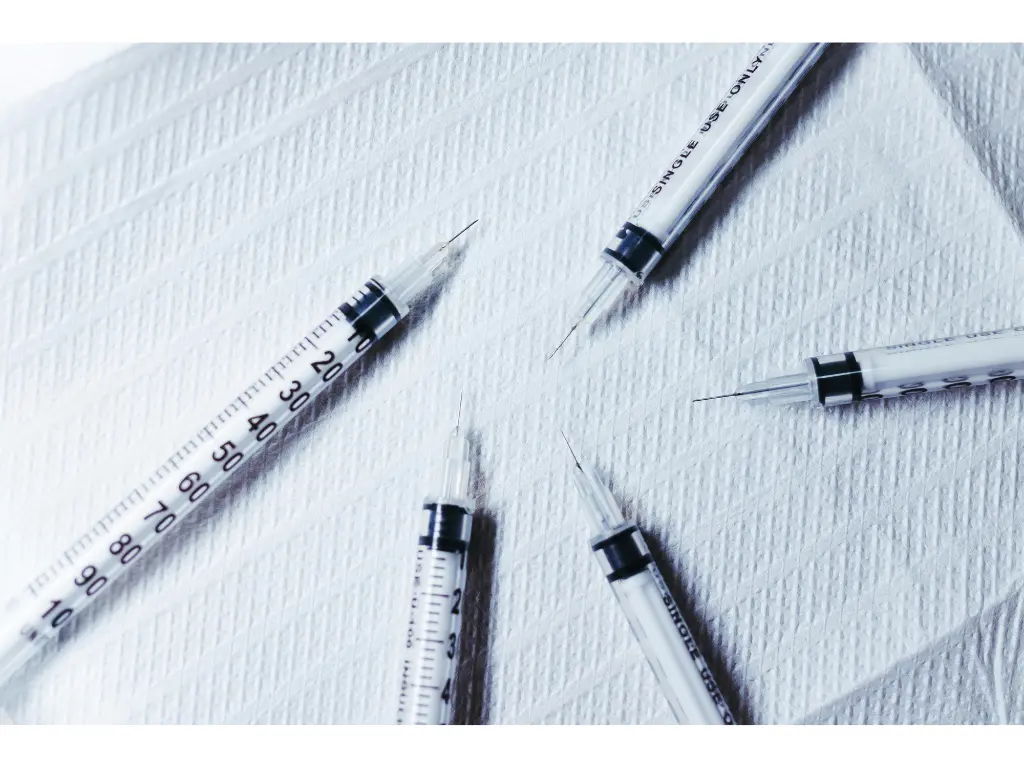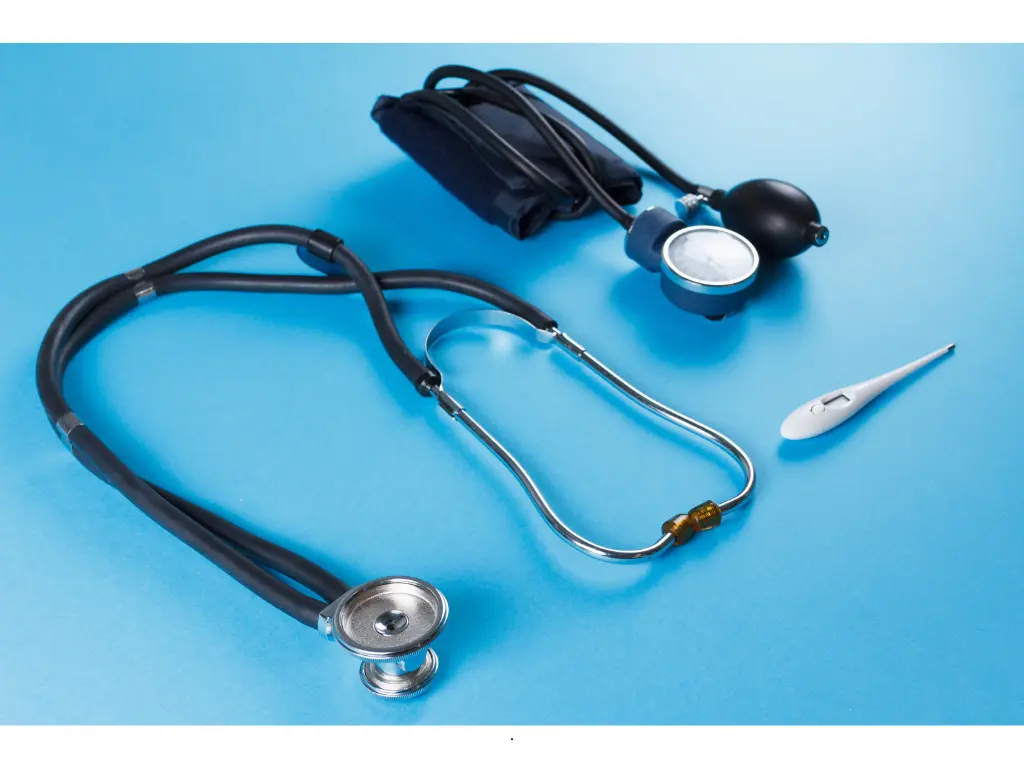- Home
- GPC Chile
Chile - Home
Login
Forget Password
Chile became the first country in Latin America to impose a national chemical regulation in February 2021. Chile’s Ministry of Health released Decree 57 and its implementing Resolution 777/2021, Regulation on Classification, Labeling, and Notification of Hazardous Chemicals and Mixtures on February 9, 2021, which formally implements GHS labelling for chemical products.
The new legislation targets chemical substances and hazardous mixtures, of MINSAL-MMA. It considers the development of a system for the notification of substances and their prioritization to implement risk assessment to a selection of them, subsequent to their manufacture and/or importation. Notifiers are requested to provide information on chemicals when dealing with 1 ton per year or above via the environmental authority portal. The notification is made on a biennial basis concerning the import or produced quantity every two years with the deadline on August 30th. On December 2024 it is predicted the Authority will publish the chemical inventory and the second notification deadline will be on the 30th of August 2026.
Decree 57 also outlines the compulsory compliance of GHS in the country, a standard until then has been voluntary.
News

Chile Updates Technical Standards for Hypodermic Needles and Syringes
Oct-29-2025
Chile’s Ministry of Health has announced updated regulations to strengthen quality and safety controls on hypodermic needles and syringes, bringing the country’s standards in line with international medical devices standards. According to the decree published on the 9 October 2025 in the Diario Oficial, all sterile, single-use needles and syringes sold or used in Chile must comply with the updated national technical standards, NCh2503:2021 for needles and NCh2504/1:2021 for syringes. The decree formally repeals the previous 2007 regulation (Decree 1.887 Exento) governing hypodermic devices, which is considered outdated and no longer reflect current scientific and technological developments.
New Certification Rules
The decree mandates that all products in these categories be certified by authorised bodies recognised by the Instituto de Salud Pública (ISP) before they can be manufactured, imported, or marketed in Chile. Any modification to a product’s design, materials, or intended use must also be reported to the ISP, which will determine whether new verification process is needed.
12-Month Transition Period
The new standards will come into force 12 months after publication, in October 2026. Until then, existing products certified under the previous 2007 decree may continue to be sold, though any new certifications must comply with the revised standards. Officials confirmed that oversight and enforcement will be carried out by the ISP and regional health authorities, with inspections focused on ensuring compliance with the updated norms.
For further details, you can consult the Regulation here (in Spanish)

Chile Strengthens Medical Device Regulations
Mar-10-2025
The Chilean Ministry of Health has officially incorporated immunohematological reagents into the sanitary control regime established under Article 111 of the Sanitary Code. This measure, enacted through Decree 5 Exempt, was promulgated on February 4, 2025, and published in the Official Gazette on February 21, 2025. The regulation will come into effect one year later, on February 22, 2026.
According to the Ministry of Health, this regulatory update aims to enhance patient safety by enforcing strict compliance with quality standards for these devices. The decree mandates that all immunohematological reagents must undergo a verification of conformity and certification process, in accordance with the following standards:
-
NCh-ISO 16142/2:2021 – Essential Principles of Safety and Performance for In Vitro Medical Devices.
-
Evaluation of first-lot performance – Sensitivity and specificity assessments conducted by the Chilean Institute of Public Health (ISP).
Key Provisions of Decree 5 Exempt
The new regulation establishes that:
-
Mandatory Certification: Immunohematological reagents must comply with regulatory quality and safety standards before they can be manufactured, imported, marketed, or distributed within Chile.
-
Risk Classification: These reagents are classified under risk classes C and D (III and IV), in accordance with Chilean medical device regulations.
-
Regulatory Oversight: The Institute of Public Health (ISP) will oversee the verification of conformity and certification process, ensuring adherence to the designated quality standards.
-
Post-Market Surveillance: Any modifications to the design, manufacturing process, intended use, raw materials, labeling, or performance of these devices must be reported to the ISP for further evaluation and approval.
Impact on the Healthcare Sector
This regulatory update is expected to improve patient safety, ensure blood transfusion reliability, and align Chilean medical device regulations with international standards. The Pan American Health Organization (PAHO) has strongly recommended that national regulatory authorities take responsibility for verifying the quality, safety, and efficacy of blood-related medical devices and reagents. Chile's adoption of these measures follows international trends in strengthening healthcare safety frameworks.
The public consultation process, conducted between February and April 2023, gathered input from industry representatives and healthcare professionals. This feedback contributed to refining the regulation, ensuring a smoother transition and effective implementation. The Ministry of Health encourages all stakeholders, including healthcare providers and medical device manufacturers, to review the decree and take necessary steps for compliance before the regulation comes into force in 2026.
The implementation of Decree 5 Exempt represents a significant step toward enhancing Chile’s regulatory oversight of medical devices. For further details you can find the Decree (in Spanish) here.
Login
Forget Password
Global Product Compliance (GPC) specializes in Global Regulatory Compliance Solutions across sectors
globally. SSS Europe, a familiar name in chemical regulatory and compliance services now formally belongs
under the umbrella of GPC Holding Sweden.
Since 2008, we have emerged as one of the leading names among Global Regulatory Compliance Service
Providers with Representation services in Europe, Asia and Middle East for respective chemical
regulations.

 Twitter
Twitter
